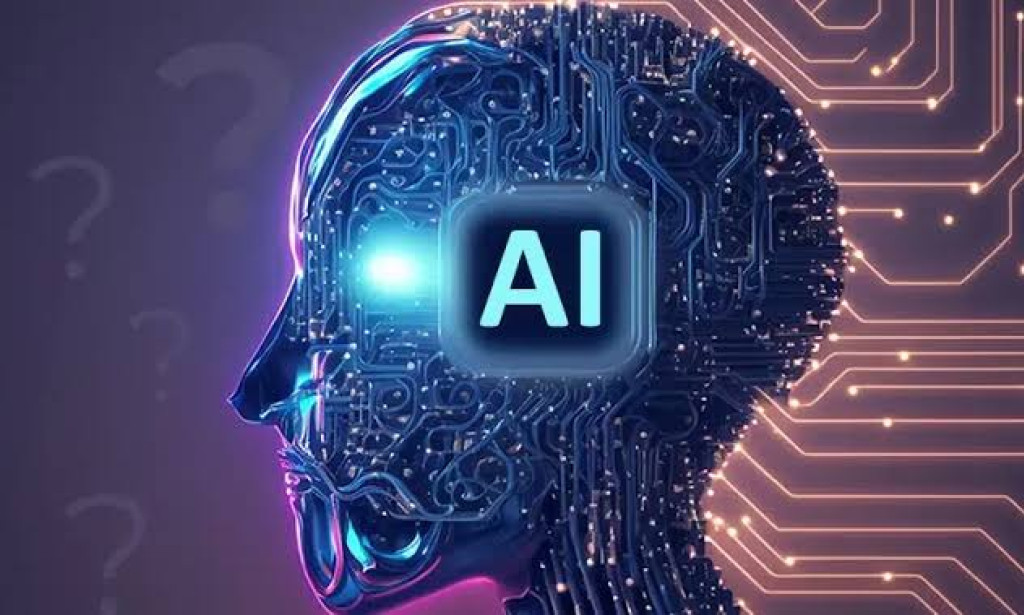Artificial Intelligence (AI) refers to the simulation of human intelligence in machines( computers )designed to think and act like humans. It involves creating algorithms and systems that allow computers to perform tasks that typically require human cognition, such as learning, problem-solving, perception, and language understanding just like humans,, only that they don't have emotions.
Types of AI:
- Narrow AI: Also known as Weak AI, it is designed for a specific task, such as voice assistants (e.g., Siri), image recognition, or recommendation systems. It operates within predefined constraints.
- General AI: This is a theoretical form of AI that would be capable of understanding and performing any intellectual task that a human can do. It is still a concept and not yet realized.
- Superintelligent AI: This is a level beyond General AI, where machines could surpass human intelligence across all fields. Making them perform tasks which take humans a long time to solve or perform.
Applications of AI:
- Healthcare: AI aids in diagnosing diseases, personalized treatment plans, and drug discovery. It also helps in guiding through medical records for patients.
- Autonomous Vehicles: AI is central to self-driving car technology, enabling navigation, obstacle avoidance, and decision-making in real-time, with others such as navigation giving direction.
- Natural Language Processing (NLP): Powers systems like chatbots, translation services, and voice assistants by enabling machines to understand and generate human language, and also translate different languages.
- Finance: AI models are used for fraud detection(reducing losing money online), algorithmic trading(such as forex), and customer service automation.
- Manufacturing: AI enhances production efficiency through predictive maintenance, supply chain optimization( mostly in industries), and automation.
Ethical Considerations and Challenges: AI raises concerns about privacy, job displacement as most jobs are now done by computers and decision-making transparency. There are fears of AI systems being used for harmful purposes, such as surveillance or weaponization. Ensuring that AI develops in a fair, transparent, and accountable manner is a key challenge for researchers, policymakers, and society. Most of these challenges are yet to be solved.
The Future of AI: AI continues to evolve, with advancements in machine learning, deep learning, and neural networks. As AI becomes more integrated into various sectors, it is expected to bring about significant transformations, but its rapid development requires careful regulation and ethical oversight to ensure its benefits( such as security )outweigh potential risks( job loses).
In summary, AI is a transformative technology that impacts almost every facet of modern life, in both positive and negative ways,, by offering numerous opportunities while also posing challenges that need to be addressed as its capabilities grow in order to avoid risks.

You must be logged in to post a comment.